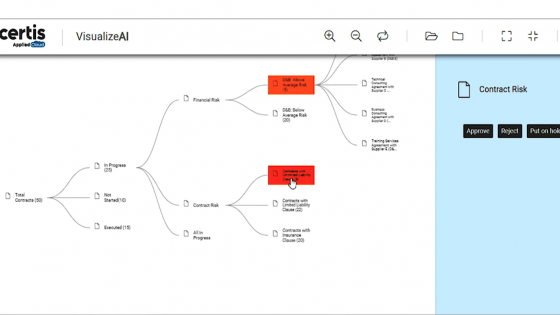New study from Blis shows investment in location-based advertising significant but knowledge gaps still present for many marketers
Marketers across Asia Pacific are turning to location data to gain a competitive advantage over their rivals, according to new data from Blis, the global leader in real-world intelligence. The study conducted with 150 CMOs, head of marketing and agency directors from travel, retail and consumer goods brands uncovers how central location-based marketing has become in both marketing and growth strategies.
In Q2 of 2019, Blis commissioned WBR Insights to survey 150 heads of marketing from retail and travel brands, and marketing agencies across Asia Pacific. All of them had ultimate decision making responsibility for how to spend marketing budgets. The survey was conducted by appointment over the telephone and the results were compiled and anonymised by WBR Insights. The split across industries is as follows: Travel 27%, Retail 27%, Consumer Goods 27%, Marketing Agency 19%.
“Real-world intelligence opens up a new level of understanding regarding consumer behaviour – the truth about what people actually do,” says Greg Isbister, CEO, Blis. “Location data technology has advanced in leaps and bounds over the last few years and we’re now seeing marketers commit more spending than ever to highly innovative and engaging campaigns.”
“But its benefits don’t stop there,” continues Isbister. “Brands also trust the business-critical information they receive from real-world intelligence, gleaned from analysing vast quantities of location data. It allows them to better understand the customer journey, see which stores are performing well, improve attribution models and map where consumer demand is coming from.”
As consumer habits evolved, the retail industry kept step by deploying omnichannel strategies to meet demands for personalised and perfectly timed experiences. Marketers in Asia Pacific have tapped into the versatility of location data to improve conversions, analyse campaigns and provide a deeper understanding of business performance:
- 53% of marketers directly target competitor stores through geo-conquesting
- 51% win over shoppers with geofencing
- 48% chart the correlation between store traffic and sales
- 43% track return on advertising spend (ROAS)
- 42% target shoppers based on online and offline behaviour data
- 38% gain insight into store location performance
- 35% use location data to close the online to offline attribution gap
Location-based marketing spend is growing
Marketers are spending more of their annual digital marketing budgets on paid location-data based advertising:
- 31% of marketers spent between $10,000 and $50,000
- 21% spent between $50,000 and $100,000, and
- 11% spent above $100,000
Of those spending more than $100,000 on location-based marketing, only website development (19%) and email marketing (15%) received greater investment.
Addressing the knowledge-gap
The survey also reveals that there are still areas where marketers are unsure how best to utilise and measure the effectiveness of location data in their campaigns:
- 57% of respondents said that the difficulty evidencing ROI was their main challenge
- 51% cited a lack of established standards, metrics and guidelines
- 49% pointed to a lack of scale
- 45% believed there was a lack of transparency into location data sources and methodologies
“When deciding to incorporate real-world intelligence as a key part of an omnichannel strategy, it is important that brands choose a partner who is scrupulous with its data sources. Being transparent with the veracity of the data, scrubbing it for inaccuracies and ensuring it complies with GDPR helps build certainty that the insights gleaned can be trusted,” says Isbister. “Understanding real, human behaviour by analysing mobile location data gives brands the truth about what people actually do. And it is this real-world intelligence that delivers real consumer engagement and a measurable sales uplift.”
Using location data to close the attribution gap
Another practical use of location-data is to help marketers measure relevance and attribution. 55% of the marketers surveyed shared that they are doing this already, using it for out of home buys (67%) and TV adverts (63%). Finally, 58% of 150 marketers mentioned their preference for using a first-touch attribution model and 42% opt for last-touch.
A quick note on location-based data in travel
The traveller journey can be broken down into five phases: being inspired to go travelling, searching for providers, make a booking, the travel experience itself and sharing reviews and travel stories upon return. Travel marketers thought that the inspiration and booking phases are the two most important opportunities for location-based marketing to deliver personalised adverts and messaging.
The full report can be downloaded at the following link: Real-world intelligence: mapping human behaviour to effective mobile marketing
Do you have an article, infographic, podcast, presentation slides, press release or a key individual from your organisation that you'd like to highlight on Marketing In Asia? Head on over to Upload Your Content for more info.



















